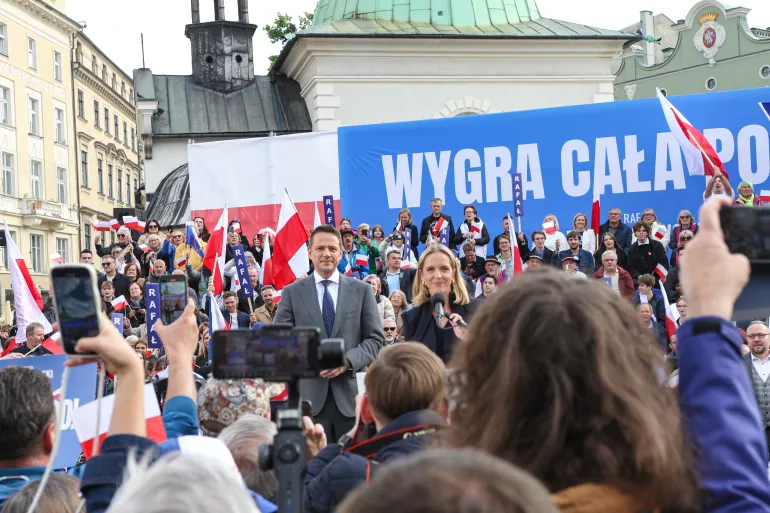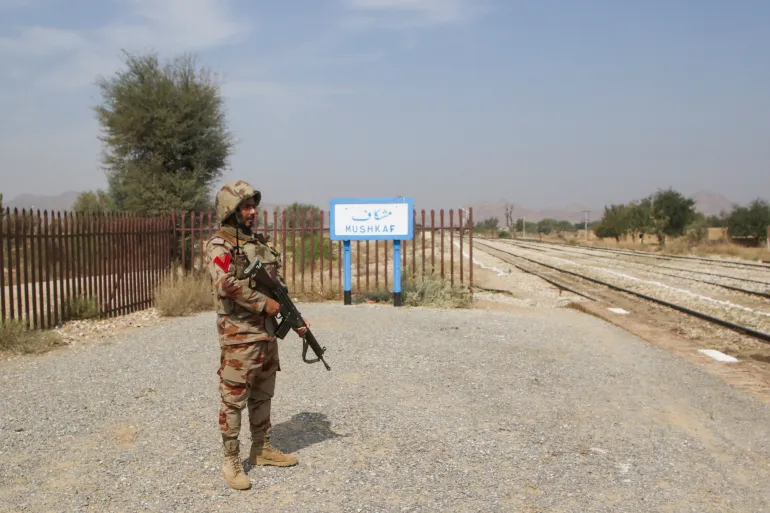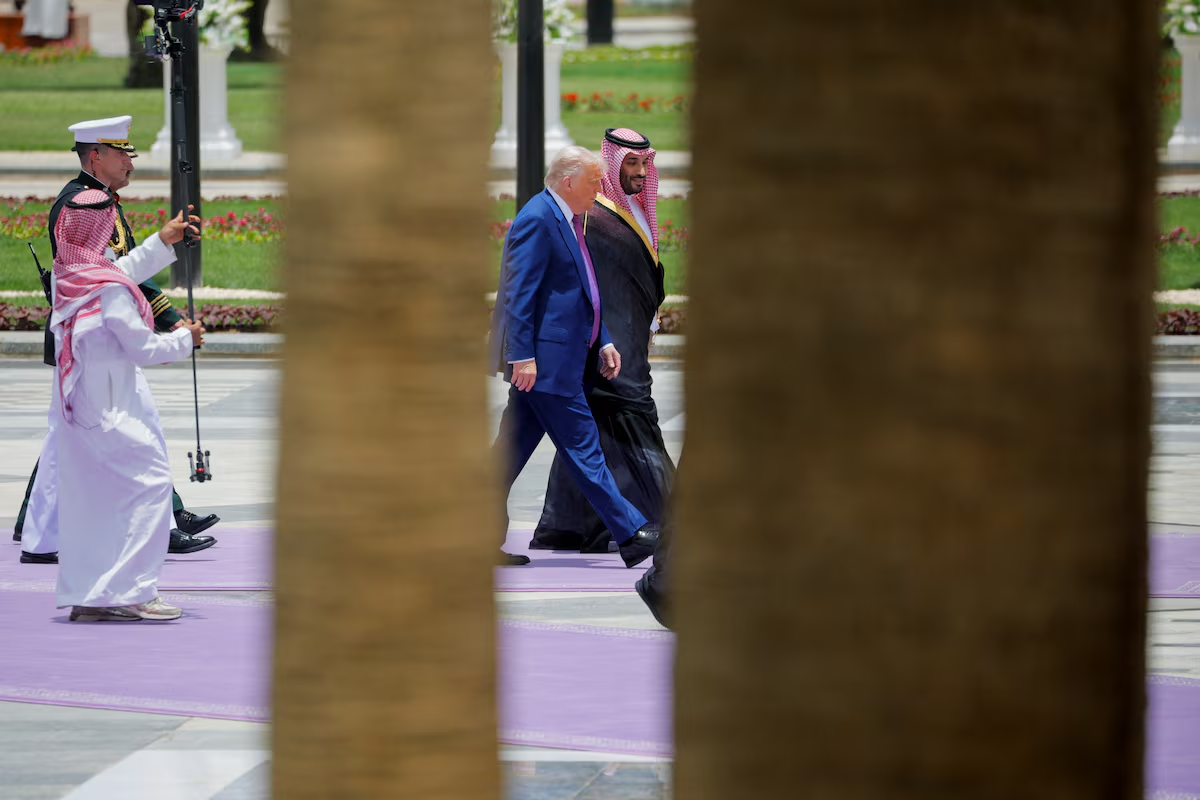Poland is heading into a critical presidential election on Sunday, May 18, 2025, in what is expected to be a pivotal moment for the country’s domestic and international future. The political contest pits two sharply contrasting visions against each other, and the outcome could determine Poland’s trajectory on key issues including migration, European Union integration, and relations with the United States.
The presidential race features two frontrunners: Rafał Trzaskowski, the current mayor of Warsaw and candidate of the ruling Civic Platform party, and Karol Nawrocki, a conservative historian aligned with the opposition Law and Justice party (PiS). Both candidates embody very different visions of Poland’s identity and its place in the world.
Trzaskowski, known for his liberal values and firm support for the European Union, has focused his campaign on building stronger ties with Brussels, emphasizing Poland’s role as a democratic EU member. His agenda seeks to reinforce the rule of law, promote democratic values, and re-establish Poland as a constructive actor within the European bloc. Under Civic Platform’s leadership, Poland has slowly moved to mend relations with EU institutions that had frayed during the PiS era over issues such as judicial independence and media freedom.
In contrast, Karol Nawrocki has run a campaign heavily anchored in nationalism, family values, and a pushback against EU centralization. He promotes a model of European cooperation that resists supranational control—often referred to as a “Europe of Homelands.” He claims this approach protects national sovereignty and cultural traditions, resisting what he sees as bureaucratic overreach from Brussels. Nawrocki’s alignment with far-right movements across Europe and his expressed admiration for former U.S. President Donald Trump has added a global dimension to his campaign.
Migration has emerged as a dominant issue in the campaign, though both candidates appear to be cautious in their rhetoric. Nawrocki strongly opposes any EU-mandated refugee quotas, advocating for tight national control over borders. He links migration with threats to Polish security and social cohesion. Trzaskowski, although more moderate, has also taken a tougher line on undocumented migrants than in past campaigns. His platform includes scaling back certain social benefits for those who enter the country illegally, a move intended to address growing public anxiety over border security.
Social issues, though prominent in previous elections, have taken a back seat this year. Trzaskowski has noticeably avoided highlighting liberal social reforms, likely in an attempt to avoid alienating more conservative-leaning voters. Nawrocki, however, has remained firm in his opposition to LGBTQ rights expansion and abortion rights, championing what he calls “traditional family values.” These stances resonate with his rural, religious base but raise concerns among human rights advocates.
Another critical dimension of this election is foreign policy. Trzaskowski advocates for strengthening ties with both the EU and NATO, emphasizing Poland’s role in regional security amid global uncertainty. Nawrocki, on the other hand, has signaled a pivot toward bilateralism, especially with the United States. His meeting with Donald Trump earlier this year drew both praise and criticism, showcasing his intention to move away from multilateral diplomacy in favor of more transactional relationships.
This election will test the Polish public’s appetite for continued liberalization and EU alignment versus a resurgence of nationalism and sovereign conservatism. The result will reverberate far beyond Poland’s borders, potentially influencing the broader European political landscape.
Source; Al Jazeera



